In this episode, we discuss Kyros' conquests of the Lydian kingdom, the Greek city-states in western Anatolia, the nomadic step-tribes of central Asia, and the Neo-Babylonian Empire; the contingents and battle tactics of his multi-ethnic military; the administration of his multi-state empire that stretched from Anatolia in the west to the Hindu-Kush Mountains in the east and to the Aral Sea and the Jaxartes River in the northeast; and his other deeds and qualities that were deemed to be so exceptional by later historians that he earned the moniker "the Great"
560-546 BC - The reign of Lydian king, Croesus
559-530 BC - The reign of Persian king, Cyrus II
556-539 BC - The reign of Babylonian king, Nabonidus
Winter 548/7 BC - After consulting the Delphic oracle of Apollo, Croesus is convinced that he should attack Cyrus to eliminate the Persian threat and so he enters into an alliance with the Spartans, alongside his other allies in the Babylonians and the Egyptians
Fall 547 BC - Battle of Pteria between the forces of Croesus and Cyrus results in stalemate; Croesus returns to Sardis and calls his allies for reinforcement
Winter 547/6 BC - Cyrus surprises Croesus and marches into Anatolia; in the Battle of Thymbra, the Lydians are defeated and the Persians take Sardis; Croesus is to be executed on a burning pyre but Cyrus gives him clemency at the last minute
Fall 546 BC - The Temple of Apollo at Delphi burns to the ground (seen as highly symbolic)
545 BC - Cyrus leaves behind a satrap (governor) and military garrison at Sardis and leads his army back to Ecbatana; along the way, the Lydians revolt (with the help of many Ionian poleis), so Cyrus dispatches his most senior generals to put down the revolt
545-542 BC - The Persian general Harpagos leads an assault on the Greek poleis of the Anatolian coastline; all either submit willingly, are defeated in battle and then submit, or flee westwards; the Asiatic Greeks, Lydians, Carians, and Lycians are now Persian subjects; the Persians though honor their native customs and religious beliefs
545-539 BC - Cyrus campaigns against nomadic step-tribes of central Asia
Fall 539 BC - Cyrus defeats Babylonian forces at Opis; then he marches his army onto Babylon and storms the city; all of Babylonia falls under Persian control; Cyrus appoints his eldest son and heir, Cambyses II, as satrap of Babylon
530 BC - Cyrus dies while campaigning in the far northeast against the Massagetai
Supplementary Resources (Videos, Photos, Other Podcasts)
Video/History of Ancient Iran (Ancient History Guy)
Video/Cyrus the Great Establishes the Achaemenid Empire (Khan Academy)

Photo/Citadel of Sardis (Battle of Thymbra took place below it)

Photo/Battle of Thymbra (Formations and Attack)
Photo/Vase Painting of Lydian King Croesus on the Pyre
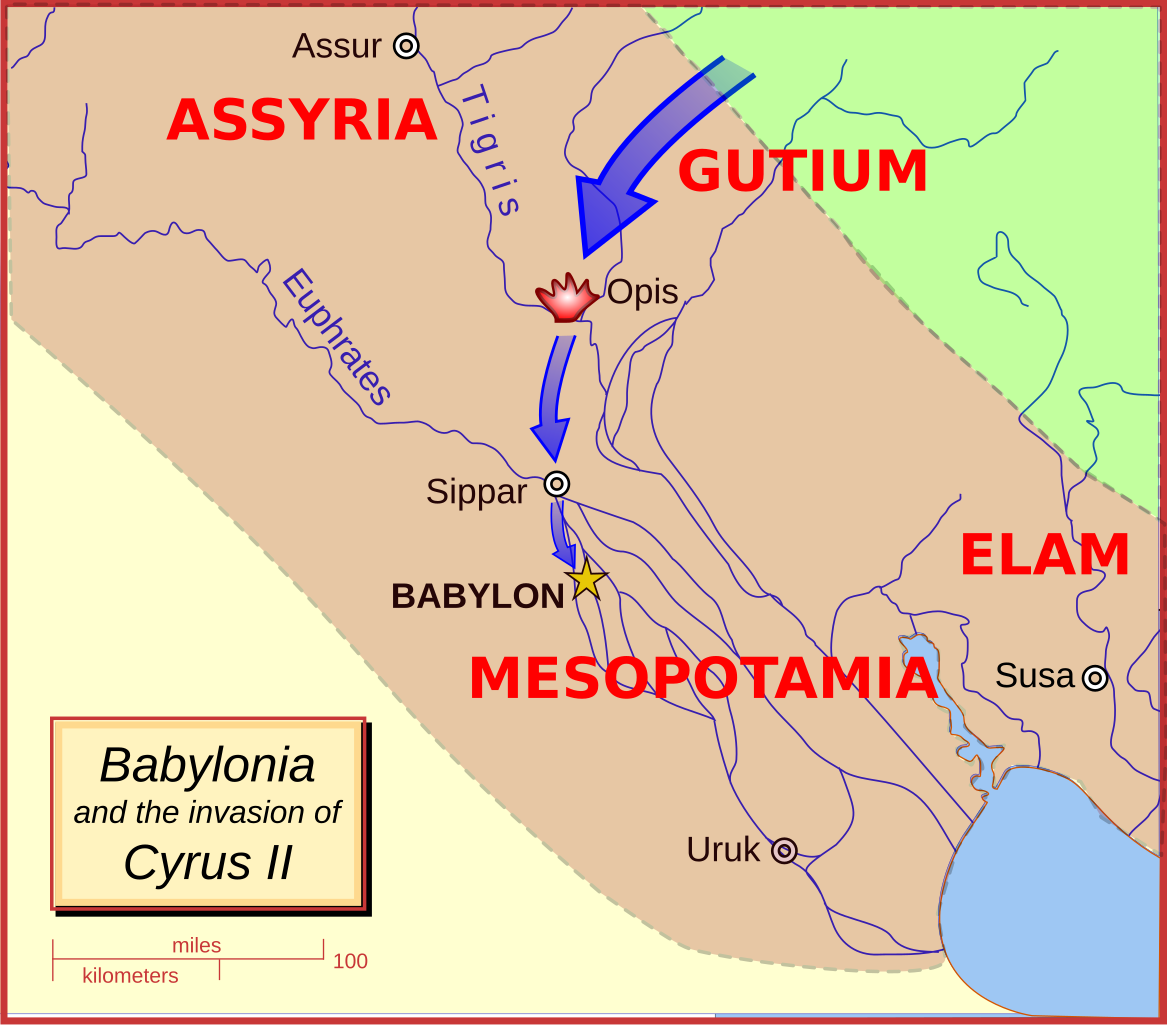
Video/The Fall of Babylon (539 BCE) (History Dude)
Photo/Relief of Nabonidus Praying to the Moon, Sun, and Venus

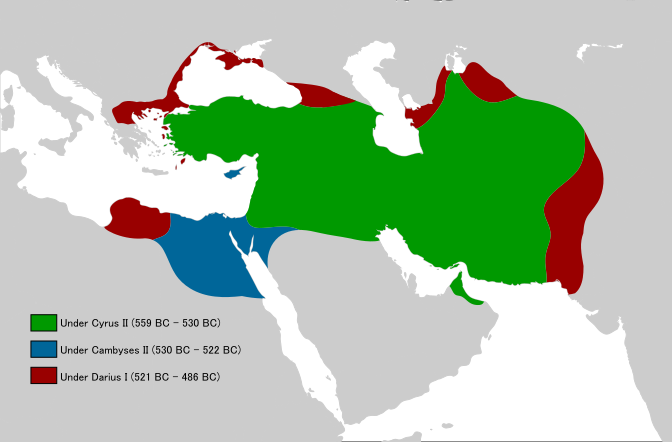

Photo/Cyrus Stele at Pasargadae

Photo/"I am Cyrus, Achaemenid King" in Old Persian, Elamite and Akkadian at Pasargadae

Video/The Death of Cyrus the Great (Athena Productions)

Photo/Tomb of Cyrus the Great at Pasargadae (Side View)
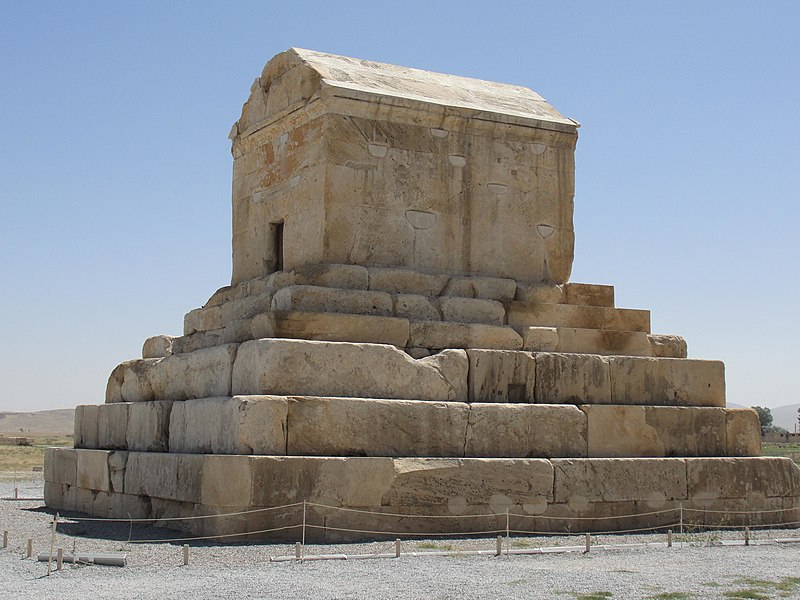
Audio/Was Cyrus the Great so Great? (Classical Wisdom)
Recommended Podcast Episodes:
***Ancient World - Count No Man Happy
***Ancient World - When the Mede Came
***Ancient World - A More Perfect Empire
***History of Persia - Crossing the Halys
***History of Persia - Introducing Ionia
***History of Persia - The Writing on the Wall
***History of Persia - Fill in the Titles
***History of Persia - Who Are You Again?
***History of Persia - Governing an Empire
***History of Persia - King of Kings


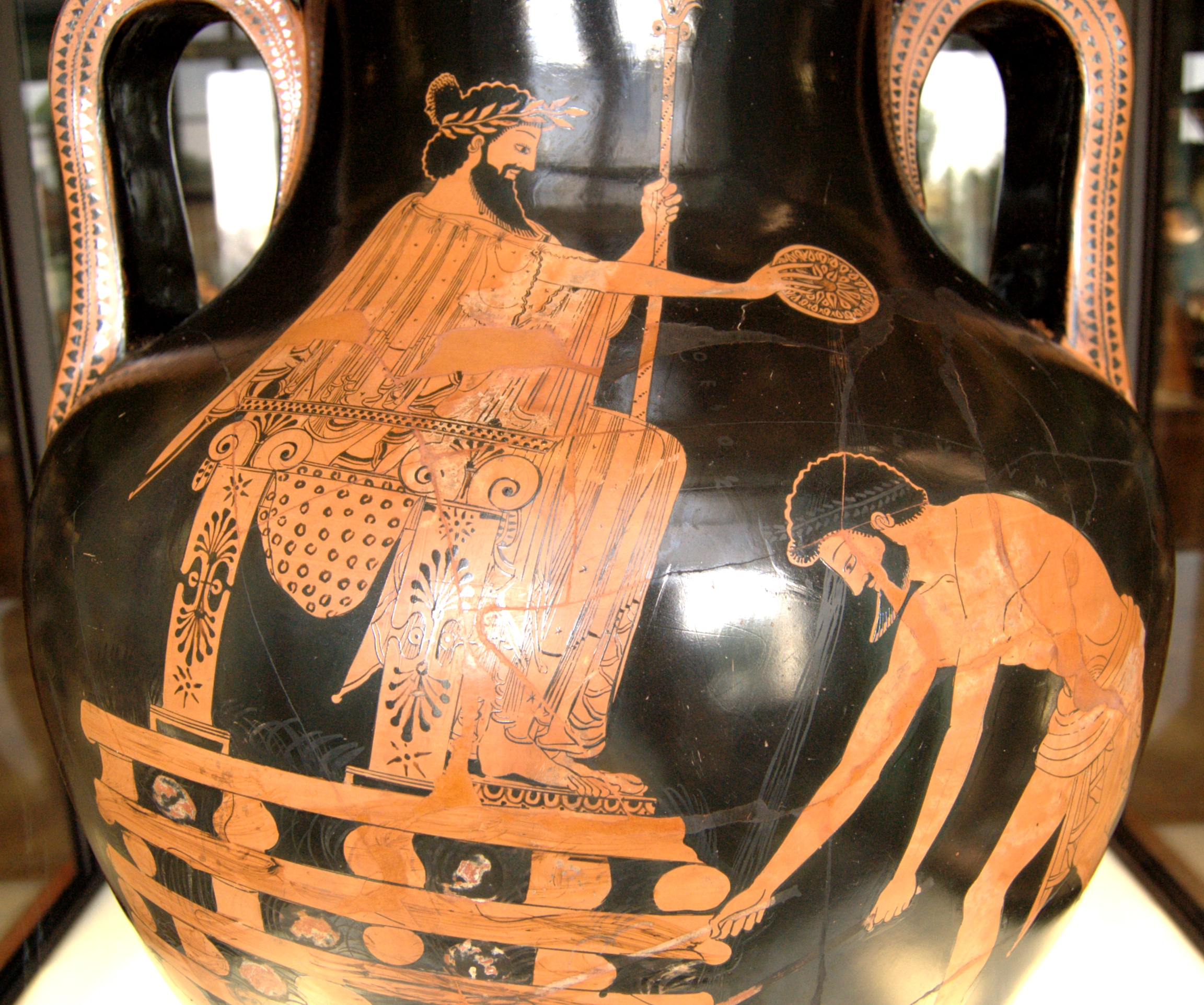
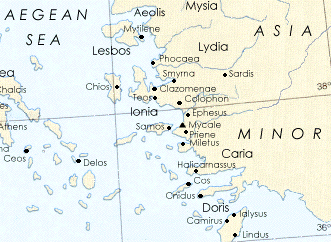

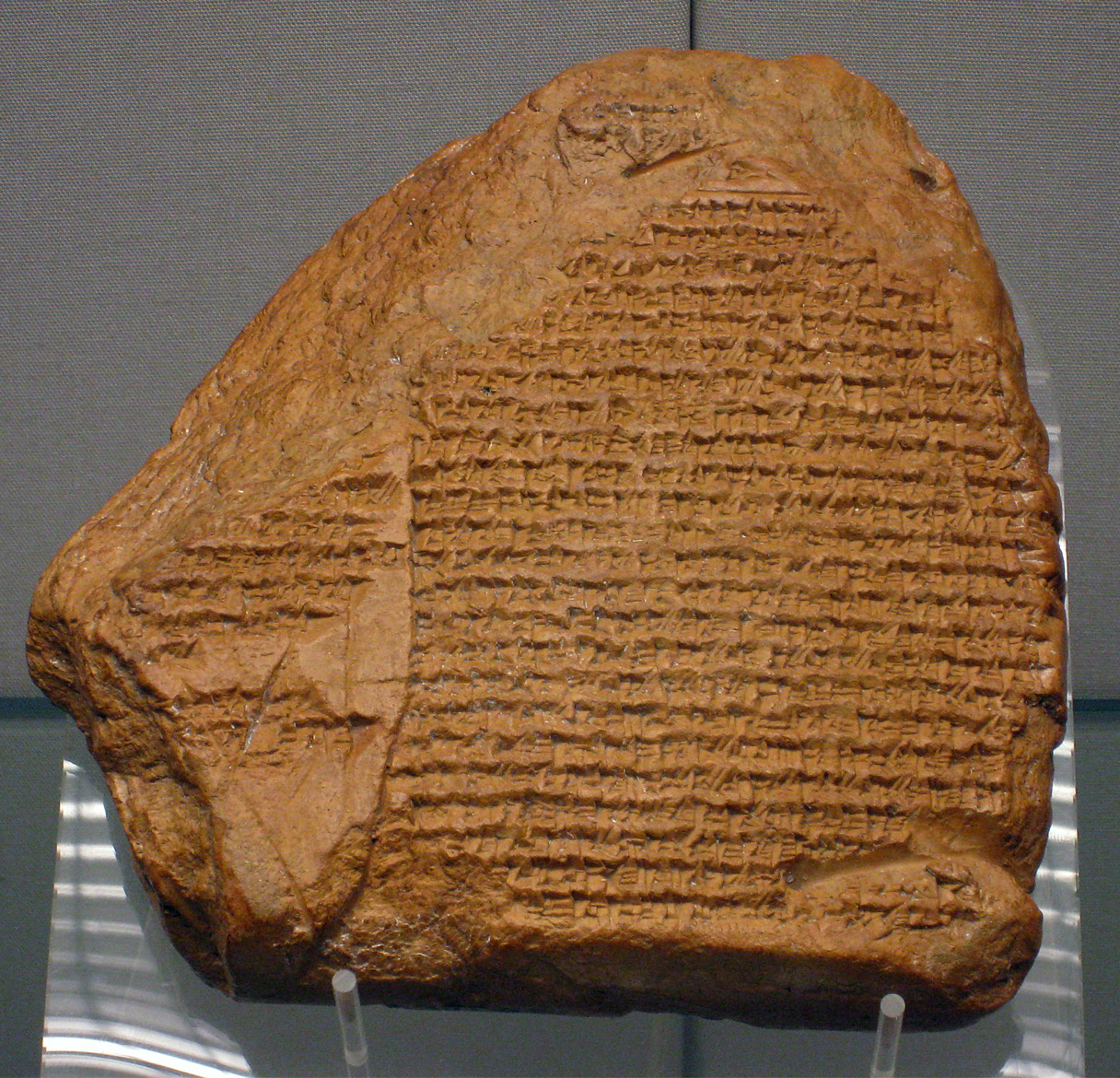



No comments:
Post a Comment